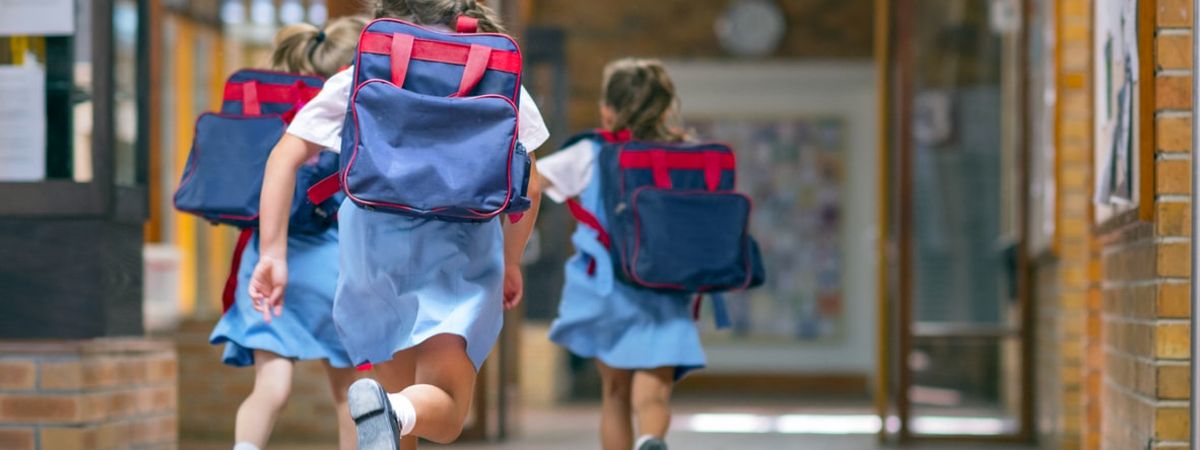Universal access to education should be a non-negotiable part of a functioning society. Yet tens of millions of girls around the world will reach adulthood without ever being given the chance to learn to a reasonable standard.
We can take plenty of encouragement from the remarkable progress being made each year, with a 16% increase since 1995 in the global proportion of girls receiving primary and secondary education. Here in the UK, girls now outperform boys at GCSE and A-level, including in stereotypically male-dominated STEM subjects.
Such extraordinary advances should not blind us to the injustices that still deprive so many women and girls across the world of a decent education. Instead, these successes should stand as proof that no girl’s future should ever be written off, wherever she lives.
To mark International Women’s Day 2022, we have collected some of the starkest facts about female education globally to illustrate the pressing need for action. We urge all educators to give some thought to the women and girls affected today by unequal access to education.
1. 129 million girls around the world are out of school (UNESCO)
2. Women make up more than two-thirds of the world's 796 million illiterate people (UN Women)
3. Girls and boys have equal access to education in less than 40% of countries (ActionAid)
4. Before the pandemic, 53% of children in lower-to-middle income countries, and 80% of children in poor countries could not read and understand a simple story by the end of primary education (World Bank)
5. In many countries, each additional year of secondary education is associated with a 5% decrease in the likelihood of child marriage (World Bank)
6. 39 million girls in countries affected by armed conflict or natural disasters do not have access to a decent standard of education (Education Cannot Wait)
7. Refugee girls are half as likely to be in school as their male counterparts (UNHCR)
8. Around half of schools in low-income countries do not have adequate drinking water (Unicef). This contributes to period poverty which can cause girls to miss school
9. 66-90% of AIDS care givers globally are women (UN Women); this can reduce access to education.
10. Globally, there are three times as many attacks on girls’ schools than boys’ schools (Education Cannot Wait)
This year, International Women’s Day is calling on the global community to #BreakTheBias and dismantle gender prejudice. You can find out how you can get involved on their website here.




